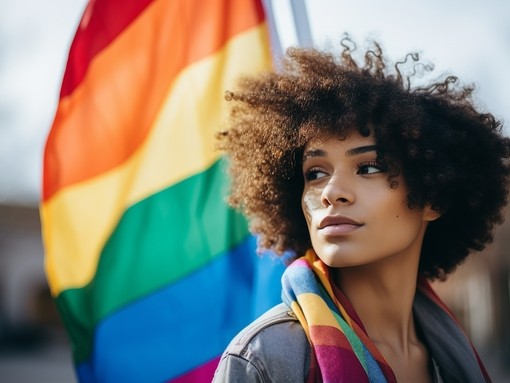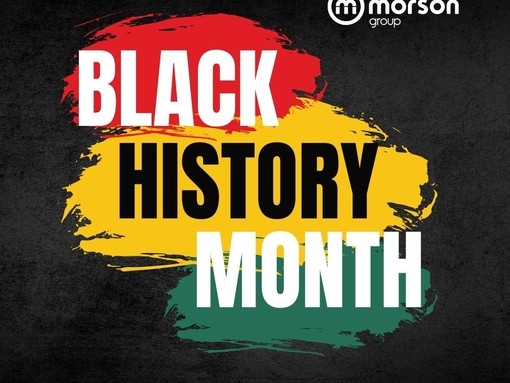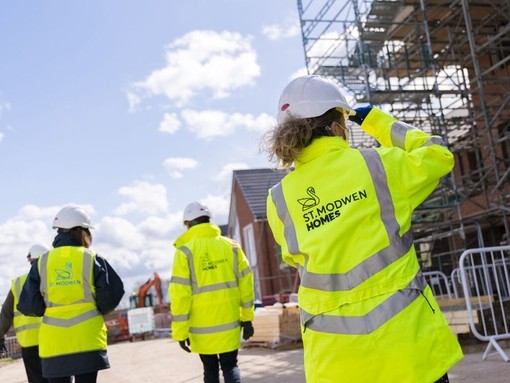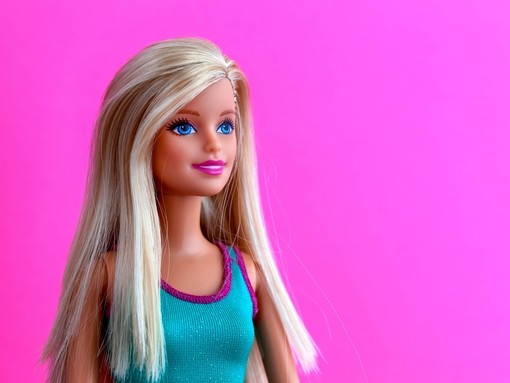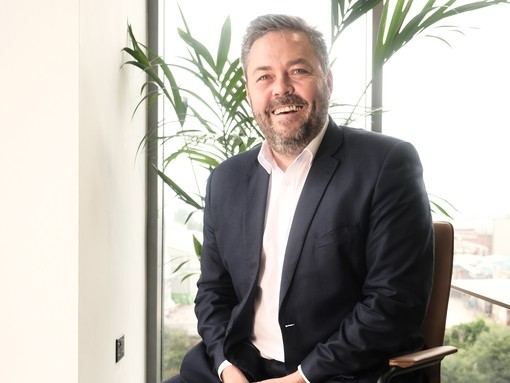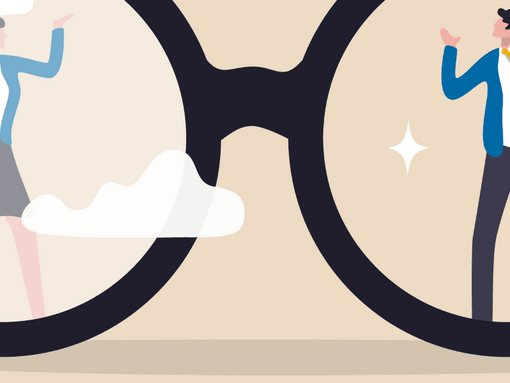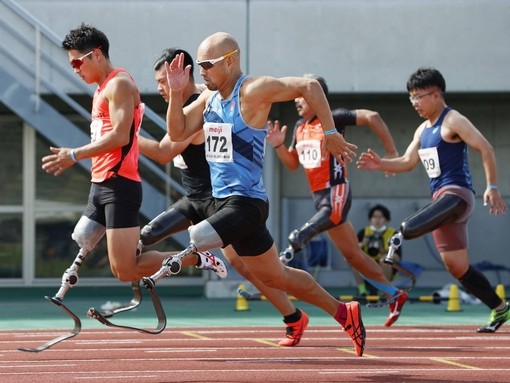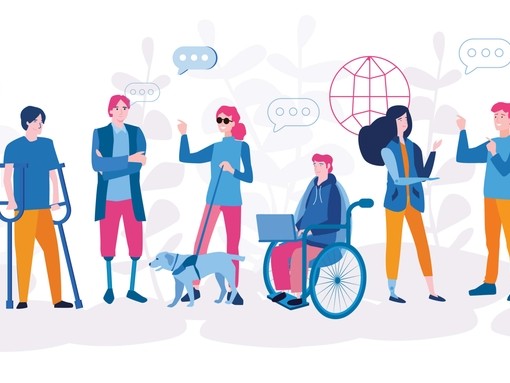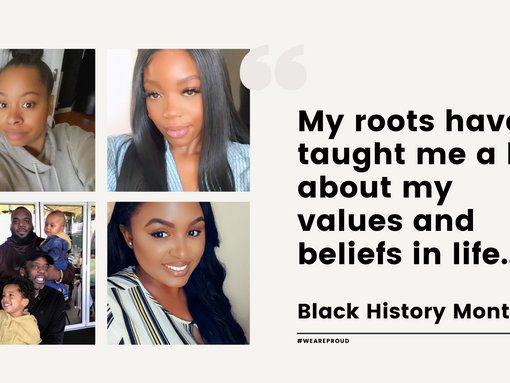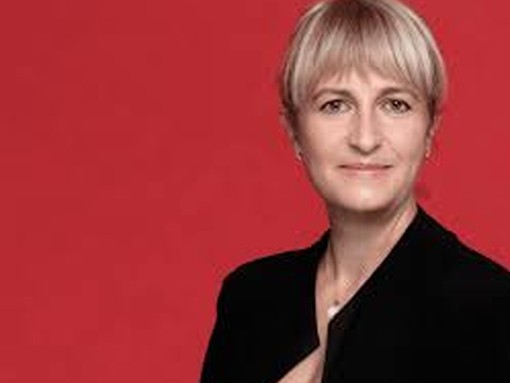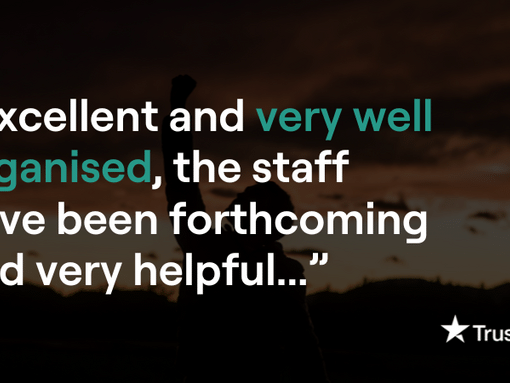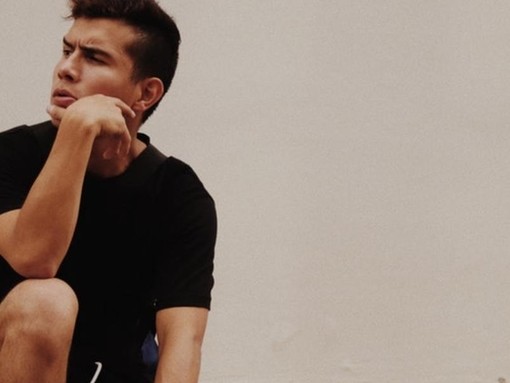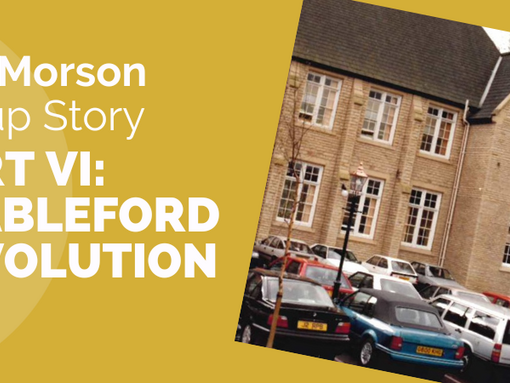
Bringing Your Whole Self to Work | Samantha Clinch Discusses LGBTQ+ in the Workplace
“In a previous workplace I definitely think I was treated differently because of my sexuality, but the industry has changed a lot since then.”
Samantha Clinch is a recruitment manager for the Energy, Power and Construction division at Morson. Openly out since she was a teenager, Sam speaks to us about prejudice, overcoming stigmas and the power of truly inclusive workplaces.
Tell us about your first career steps…
“The very first job I had was working in the Trafford Centre in a DVD shop. Being a film lover, it was my ideal role. I was out at that time. In fact, I’ve always been out at every job I’ve ever had… I don’t think it ever occurred to me to not be.
My first recruitment role was with a small company in Manchester citycentre. Their culture was aggressively target driven and quite old-school, they would have no issues making an example of someone if they weren’t hitting their targets.
On my first day I was told by the office manager that if I had a complaint it was tough because they didn’t have a HR team to complain to! I only stayed there a few months because it was such anunsupportiveenvironment. A few people expressed surprise that I stayed in the recruitment industry after that.”
Has being openly LGBT at work ever affected your career? Have you ever felt like you have been treated differently because of your sexuality?
“At a previous role, a senior manager took a dislike to what they classed as my ‘chosen lifestyle’. This phrase says it all. My sexuality is not a chosen lifestyle and using terminology like this is incredibly reductive and ignorant. In addition, the managers day to day behaviour towards me was inappropriate and often hostile.
Because of this conduct I did make a complaint, but they had a one-person HR team and nothing was done about it. Suddenly, despite hitting all my targets, I was let go at the end of my probation period. The company’s reason was that I “wasn’t promoting the company values” and when I tried to dig into what exactly was meant by that phrase, I got nowhere.
I sent a lengthy email about unfair dismissal and was able to meet with the managing director and HR personnel. I detailed the managers inappropriate and prejudicial behaviour but afterwards got a letter from them which stated that I hadn’t been there very long, so I had very few employment rights. By this time I was already working somewhere else and I just wanted to move on and forget about the whole experience rather than pursue it.”
What’s your experience of being out in your current role?
“I feel incredibly comfortable being out at Morson and have never had any kind of negative experience regarding my sexuality. I’ve never had an issue or felt like I was being treated differently or marginalised in any way. As far as I’m concerned, it’s never been a problem and that’s exactly how it should be.”
Has the industry changed since your career began?
“Recruitment has changed a lot over the last 10 years and Morson has always been an inclusive place to work with a real community spirit. With regards to the industry outside of Morson, I think the negative experience I had in my previous role, while certainly not an isolated incident, is not representative of the industry as a whole.
I was in another recruitment role for over 5 years before that experience and didn’t encounter any bias. In fact, I was promoted twice! My experiences illustrate the importance of challenging negative and discriminative behaviour, no matter the position or seniority of that individual, to create open and inclusive environments where everyone feels comfortable to bring their whole selves to work. Unfortunately, in my case, the manager was able to use their position to exercise their stigma because no one felt comfortable enough to challenge their actions”
What advice would you give a member of the LGBT community just starting out in their career?
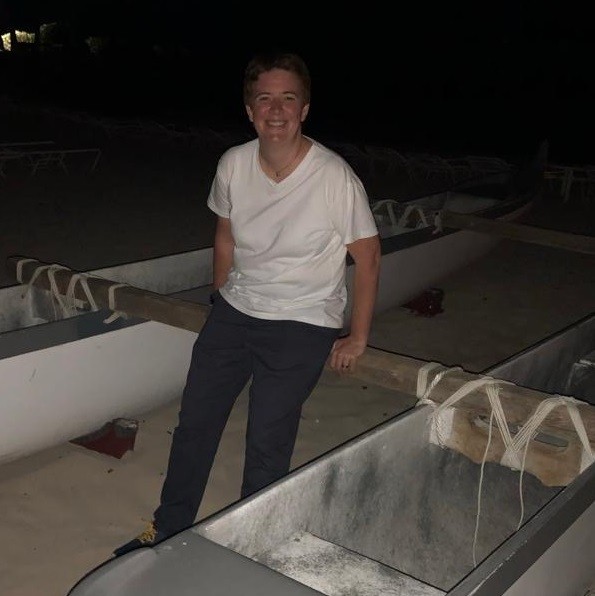
“Do things at your own pace. Don’t feel like you need to be out but at the same time don’t feel like you need to hide it. It’s everyone’s personal choice as to whether they’re out or not and you shouldn’t let others dictate to you.”
Do you think there still needs to be education regarding discrimination?
“I think people in general need to have more education about discrimination. LGBT rights have come a long way in the past 10 to 20 years though and things are very different to when I came out growing up. There’s always steps to be made though and people who still view it as ‘wrong’. I feel confident that by opening up conversations and challenging negativebehaviours, things are going in the right direction.”


